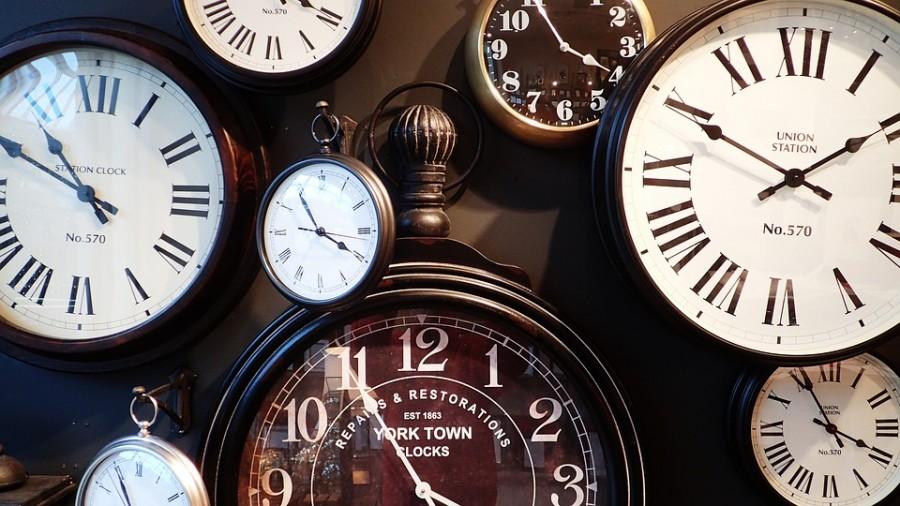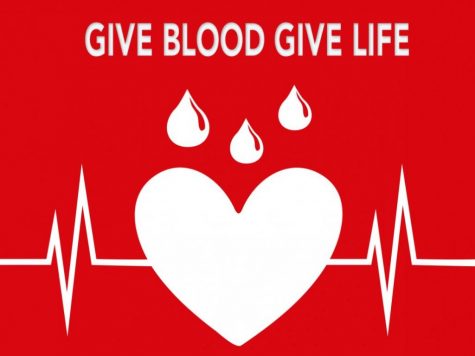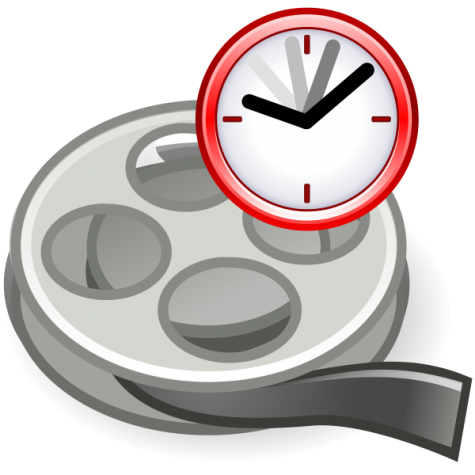Daylight Saving Time Dreads
Daylight Saving Time (DST) was first enacted in Thunder Bay, Ontario, Canada, with the purpose of conserving energy and using the light of day more wisely. Benjamin Franklin originally proposed it as a joke to wake up earlier and use the daylight to save candles, but today it is no longer just a joke.
Autumn is the time during which clocks are set back one hour, giving a lot of people an extra hour of sleep, which is great! Spring? We set the clock an hour forward, and this can result in many people having their health affected by the lost hour. After the clock gets set forward, you lose an hour of sleep, and studies have shown that heart attacks and road accidents become more common the day after the time change.
The time change can interrupt the body’s internal clock, making it harder to get out of bed the next day and harder to fall asleep Sunday night, which can result in more lost sleep for Monday. People all react to these effects differently, but children are the most affected, even up to several day after the change.
“I thought I was dying. I was sleepy—constantly,” Madison Cramer, a junior at East Noble High School, commented about her experience of the school week following the time change.
DST can also negatively affect students by decreasing productivity, concentration, and total wellness. There are many studies linking the time change to increased risk of sleep problems, heart attacks, and especially road accidents caused by tired drivers.
It’s been about a week since the time change, so think about how you feel. All right? Cranky? Unproductive? These things could’ve been prevented by getting to sleep early Sunday night. The time change might still make things seem difficult since your body wants to go to sleep an hour later, but remember—you have to get up an hour earlier. So get some rest if you’re exhausted and appease your sleeping habits.




